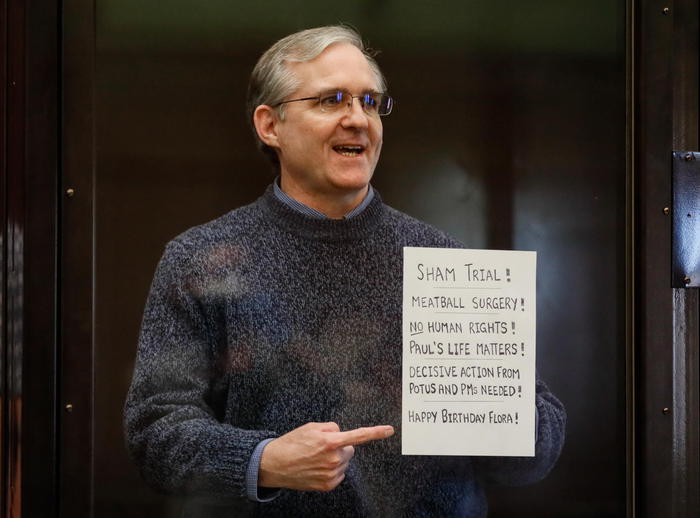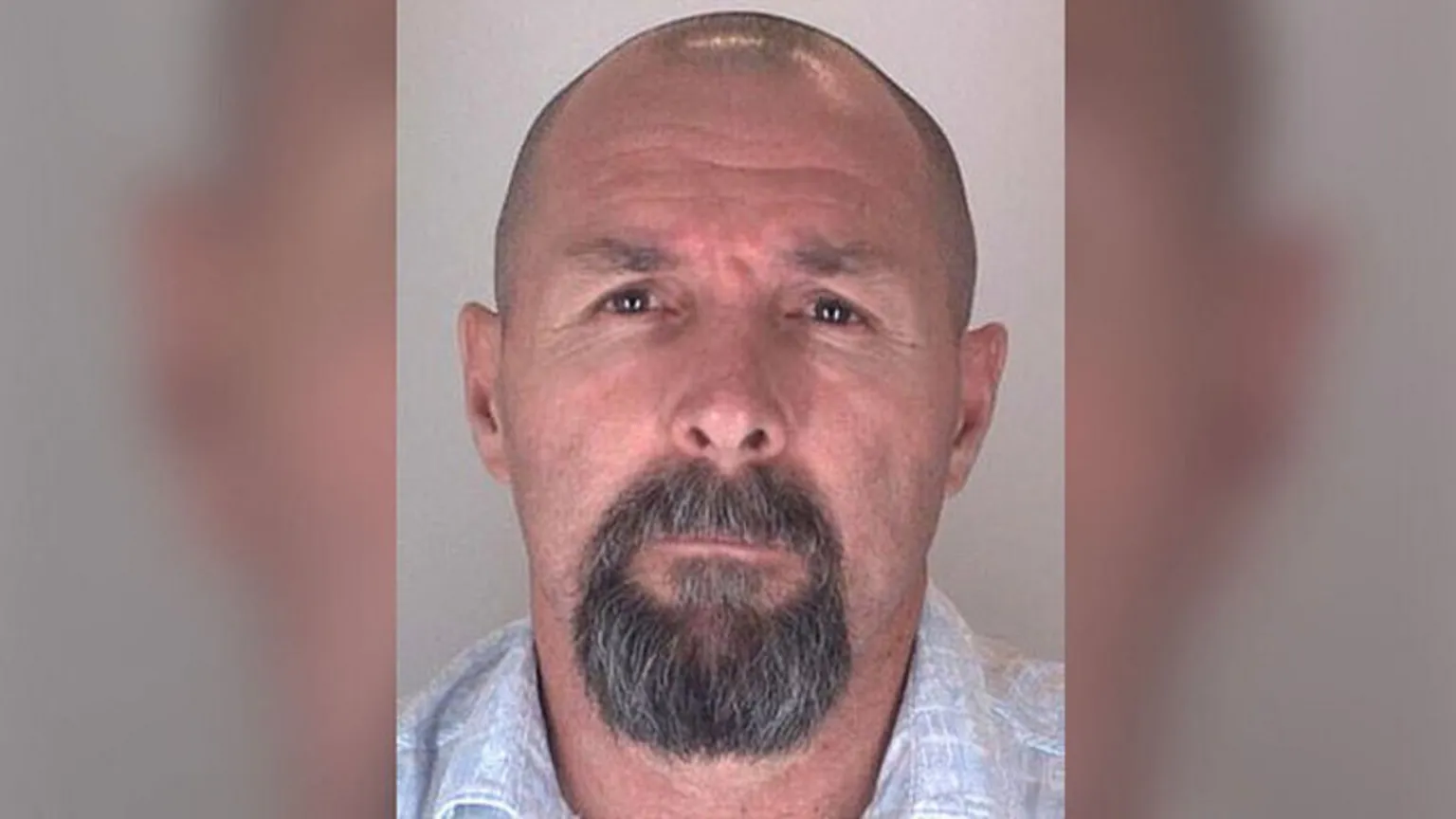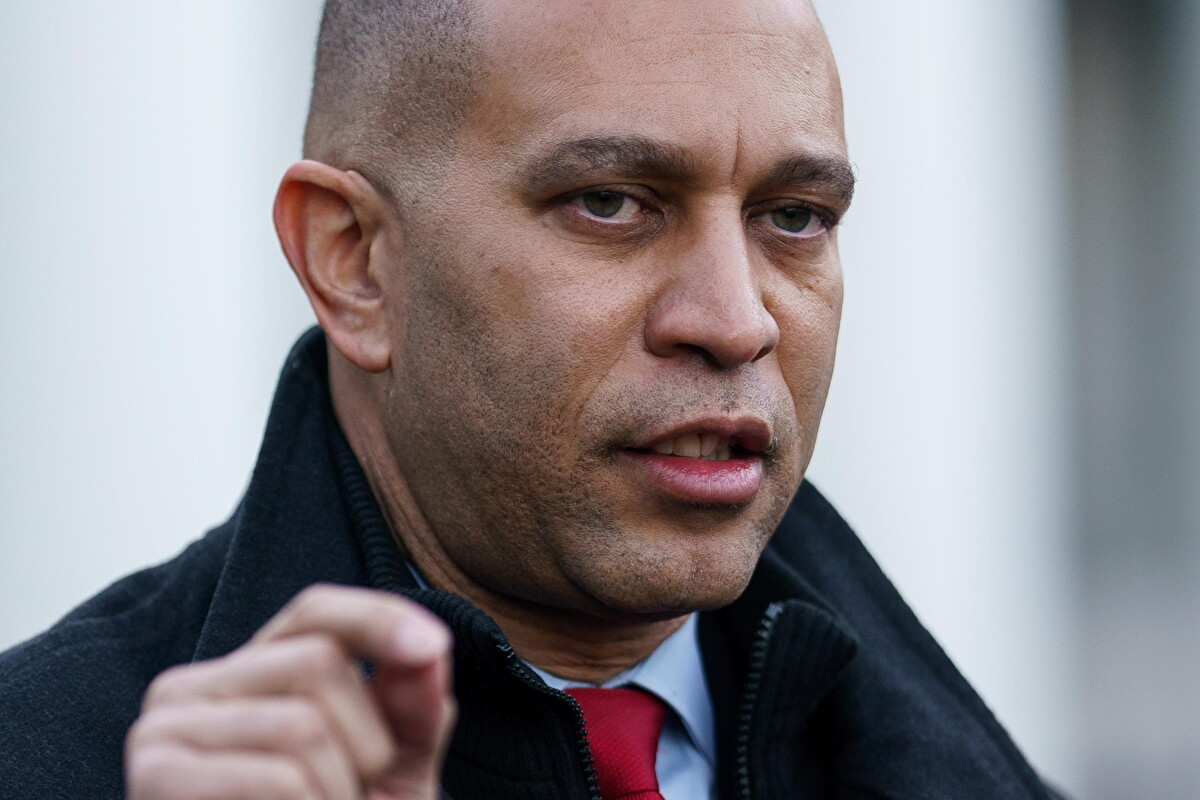The largest prisoner exchange between the United States and Russia since the end of the Cold War took place Thursday at Turkey’s Ankara airport. The operation, prepared in great secrecy by Moscow and Washington officials with the intermediation of Turkish intelligence, resulted in the release of 26 people held in Russia, Belarus, the United States, Germany, Poland, and Slovenia.
Among those involved are activists Vladimir Kara-Murza, Oleg Orlov and Lilia Chanysheva, as well as former Moscow city councilman Ilya Yashin. The list includes Wall Street Journal correspondent Evan Gershkovich (who was recently sentenced to 16 years for espionage) and former U.S. Marine Paul Whelan. Also on the list of those freed is Russian-U.S. citizen Alsu Kurmasheva, a reporter serving at Radio Free Europe/Radio Liberty.
“Today, we’re bringing home Paul, Evan, Alsu, Vladimir,” U.S. President Joe Biden said in an address to the nation Thursday afternoon. “Deals like this one come with tough calls, and there are never any guarantees,” he added. “But there’s nothing more that matters to me than protecting Americans, at home and abroad.”
He was echoed shortly later by Vice President Kamala Harris, who celebrated the release on X, formerly known as Twitter. “It gives me great comfort to know that their horrible ordeal is over and that they will soon be reunited with their families,” Harris added, while promising that the Biden administration “stop working until every American who is wrongfully detained or held hostage is brought home.”

In the afternoon, the Kremlin confirmed the deal, adding that it hopes the freed “enemies” will stay away from Russia, as state news agency TASS writes. “I believe that all our enemies should stay out and all those who are not our enemies should return. This is my point of view,” spokesman Dmitry Peskov said Thursday.
Rumors of a massive prisoner exchange had amplified in recent hours after several outstanding detainees were transferred by Russian authorities to unknown locations. At the same time, earlier this week, Belarusian President Alexander Lukashenko had significantly decided to pardon German mercenary Rico Krieger, previously sentenced to death for terrorism.
Early Thursday afternoon Turkish media showed images of a plane marked with a Russian tricolor in a terminal at the Ancyran airport, flanked a short distance away by two smaller planes. In the previous hours Russian sources had spotted an Antonov An-148 – already used in the exchange of arms dealer Viktor Bout for WNBA basketball player Brittney Griner – in the central European exclave of Kaliningrad after departing from Moscow’s Vnukovo airport in the morning.
Also in the morning, a Tu-204-300 jet had taken off from Moscow for the Turkish capital. The same vector had brought pro-Russian Ukrainian oligarch Viktor Medvedchuk to Moscow in exchange for Ukrainian prisoners from the Azovstal steel plant.

Russian authorities have made “great efforts to keep the information secret until the very last moment,” an anonymous source confirmed in the morning to Politika.Kozlov – a column edited by Russian journalist and expert cremlinologist Pyotr Kozlov.
Russian detainees freed by Western countries include Russian couple Ludwig Gisch and Maria Rosa Mayer Munos: after pleading guilty to “espionage and forgery of documents,” the two were convicted Wednesday by a Ljubljana court, which simultaneously ordered an otherwise unusual deportation from Slovenia.
In the same hours, information on four Russian citizens detained for various crimes disappeared from the U.S. Federal Bureau of Inmate database. According to TASS, these are Alexander Vinnik, Vladislav Klyushin, Vadim Konoschenko, and Maxim Marchenko.
Earlier this year Vinnik pleaded guilty to criminal conspiracy to launder money through cryptocurrency from 2011 to 2017. Klyushin, on the other hand, was sentenced last year to nine years in prison for an online insider trading operation worth $93 million. The other two – Konoschenko and Marchenko – were instead arrested for smuggling U.S.-made technology components and ammunition into Russia.
For months Russian authorities, including President Vladimir Putin, had signaled openness to an exchange involving Gershkovich with the same modus operandi that in 2022 led to the release of basketball player Brittney Griner, who was exchanged for arms dealer Viktor But a few months after the young Texan had been sentenced to 9 years for drug possession.
For the Journal reporter, the potential quid pro quo was found in Russian agent Vadim Krasikov. The alleged FSB operative was sentenced to life in prison in Germany in 2019 for the brutal murder of Zelimkhan “Tornike” Khangoshvili, a former anti-Russian paramilitary leader in Georgia and Chechnya and an intelligence informant in Berlin. Krasikov is also reportedly on his way to Moscow with the approval of German authorities.
The last operation of this magnitude took place in 2010, when 10 Russians detained by the United States were exchanged for four agents held by Moscow after the latters confessed to being spies. Numerically, the closest precedent dates back to Nov. 14, 1985, when 23 prisoners were freed – four of them in Soviet hands.
The most famous prisoner swap dates back to Feb. 10, 1962 – when U.S. pilot Francis Gary Powers, captured by the Soviets in 1960, was exhcanged for Rudolf Abel, a prominent Soviet spy arrested in New York in 1957. The transaction was finalized on the Glienicke Bridge, also known as the “Bridge of Spies,” which separated West Berlin (controlled by the U.S., France and the U.K.) and Potsdam, in Soviet-controlled East Germany.
The latter story was later revived in 2015 by Steven Spielberg in ‘The Bridge of Spies’ – starring Tom Hanks and Mark Rylance, who won the Academy Award for Best Supporting Actor.












